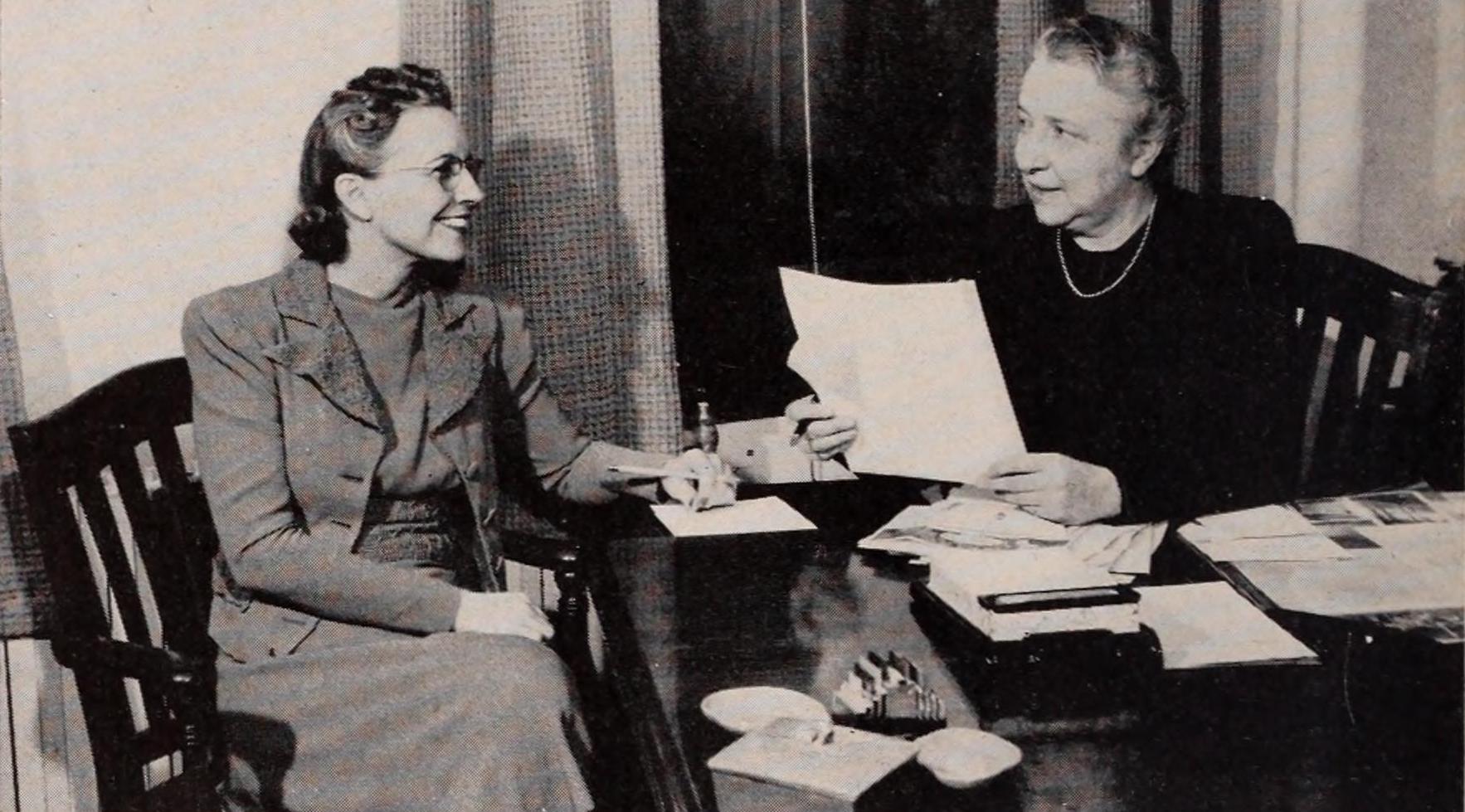System/Policy
Licensee of California’s KVCR receives $157M in spectrum auction
The San Bernardino Community College District announced Monday that the FCC accepted its bid to move to a VHF channel.As it defines relationship with stations, NPR gains board approval for price hike
NPR will focus on greater collaboration with its member stations over the term of the three-year pricing plan.TV broadcasters get another shot at leveraging channels into cash
As the spectrum auction winds down, the FCC plans to open another opportunity for stations to negotiate channel-sharing deals.Howard University decides it won’t sell WHUT in spectrum auction
University president Wayne A. I. Frederick said the school “voluntarily withdrew from the auction when it became apparent that the relatively low ...DOJ subpoenas former OPB reporter in Malheur Refuge trial
John Sepulvado was subpoenaed to testify in federal court next week.Vermont PBS gains $56M from sale in spectrum auction
The station plans to invest the proceeds in programming.Licensee sells Kentucky’s WNKU to religious broadcaster
The Bible Broadcasting Corp. will pay $1.9 million for the station.California station reaps $72M in spectrum auction proceeds
KRCB’s location was “considered prime real estate by mobile providers,” the station COO said.Pennsylvania’s WVIA announces channel-sharing agreement
The station will receive $25.9 million in auction proceeds.Spectrum auction nets nearly $35M for two Pennsylvania stations
WITF will share a channel, and WQED will move to a lower frequency.Florida licensee gets $18.7M for WUSF-TV in spectrum auction
Tampa’s secondary PBS station will go dark later this year.Michigan licensee sells TV station for $14M in spectrum auction
WCMZ will go dark in about three months.Educating wasn’t enough for an early pioneer of noncommercial radio
Judith Waller, an educational director for NBC radio, urged her colleagues to look to commercial broadcasters for ideas and collaborations.Public media backers work to counter possible federal budget cuts
Public broadcasters and their advocates aren’t waiting for President Trump’s initial budget to mobilize support for CPB funding.Key lawmaker downplays threat to CPB funding
If the White House is serious about reducing the deficit, its budget will target larger programs, Rep. Cole says.








